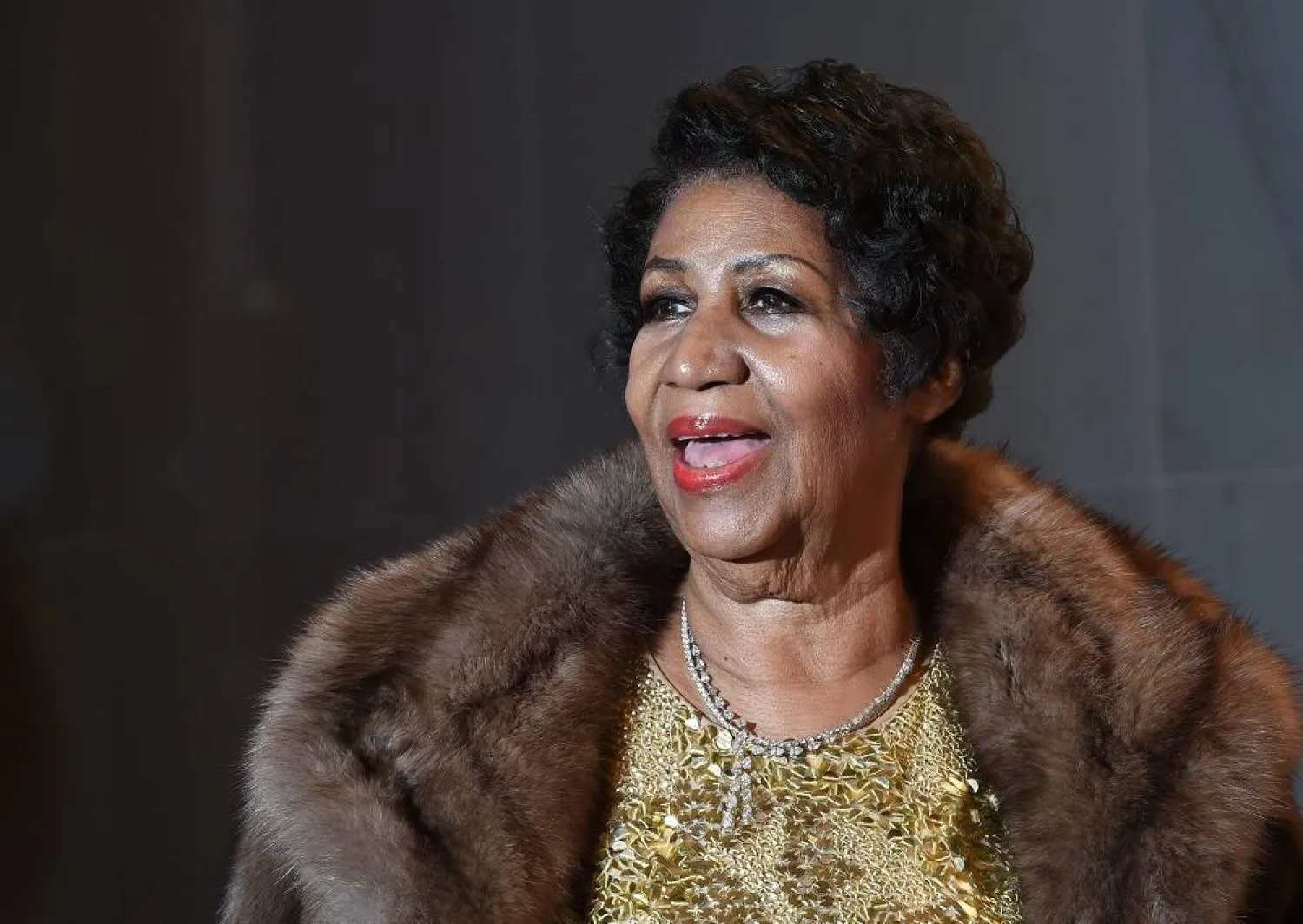A handwritten document found in Aretha Franklin's couch cushion is a valid will determining the late Queen of Soul's wishes, a Michigan jury found Tuesday, according to the local Detroit Free Press newspaper.
A famously private person, when Franklin died five years ago at 76 years old, she left no formal will -- but hand-scrawled documents discovered later in her Detroit home fueled a dispute among her four sons for years.
The difficult to read papers appear to distribute assets including real estate, jewelry, furs, stereo equipment and music royalties to her family members.
One, dated to 2010, was discovered in a locked cabinet. Another, dated four years later, was found under the cushions.
Two of her sons, Edward and Kecalf Franklin, favored the 2014 paper. Another, Ted White Jr., says the 2010 document in the cabinet is more legitimate.
Both wills appeared to show an even split of royalties among those three sons.
The New York Times said that Clarence Franklin, the singer's first-born child, has a mental illness and lives under a court-appointed guardian, and that his brothers have agreed to support him.
The six-person jury's decision works in particular favor of Kecalf Franklin and his children, who are now set to inherit the singer's primary residence, a mansion in an affluent Detroit suburb. They also stand to inherit her cars.
Of significant focus in the trial was on a signature on the 2014 document, which said "A. Franklin" and included a smiley face in the first initial, which Kecalf Franklin testified was "characteristic" of his mother's writing.
The jury rendered its decision after deliberating for approximately an hour to close the swift two-day trial.
For years Franklin's estate managers have been settling debts and paying back taxes, while also generating royalties off music and intellectual property.
Franklin's death in Detroit closed the curtain on a glittering six-decade career that spanned gospel, R&B, jazz, blues and even classical music.
She died of pancreatic cancer on August 16, 2018.









